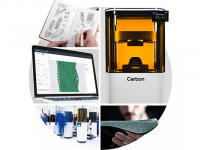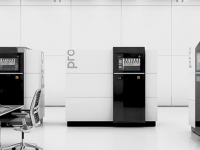
May 19, 2021
Buildings are the human response to weather inclemencies. Be it the shining sun, heat, cold, wind gusts, rain, snow, dust or any other harmful elements of nature, our shelters allow us to rest, work or carry out almost any activity in comfort and safety.
With this functional goal in mind, architects and engineers have developed a wide variety of designs and technologies that, with time and testing, have been proven to meet the requirements of safe and comfortable buildings. From the first wooden huts, to our artificially-ventilated, earthquake-proof, high-rise buildings of today, the drive for continuous improvement has never stopped.
The advent of computer-aided engineering (CAE) in recent years has unlocked a set of powerful tools that allow engineers to develop building projects with more confidence, efficiency, and agility.
The virtual testing of designs for validation and exploration of concepts is a must-have in any innovative development project. One of the most important entries in the category of CAE tools is computational fluid dynamics (CFD), which is a set of techniques that help to numerically simulate physical phenomena related to fluids and quantities that behave alike (such as heat).
With it, a given system can be studied and one can predict its behavior in areas such as flow paths, pressure drops, vortex formation, velocity distribution, energy losses, heat flow, and temperature distributions.
This is all completed in a virtual test environment, without the need for physical prototypes and complicated measurement rigs, allowing multiple design variations to be evaluated with maximum economy of resources.
Fill out the information below to download the resource.
Latest News






